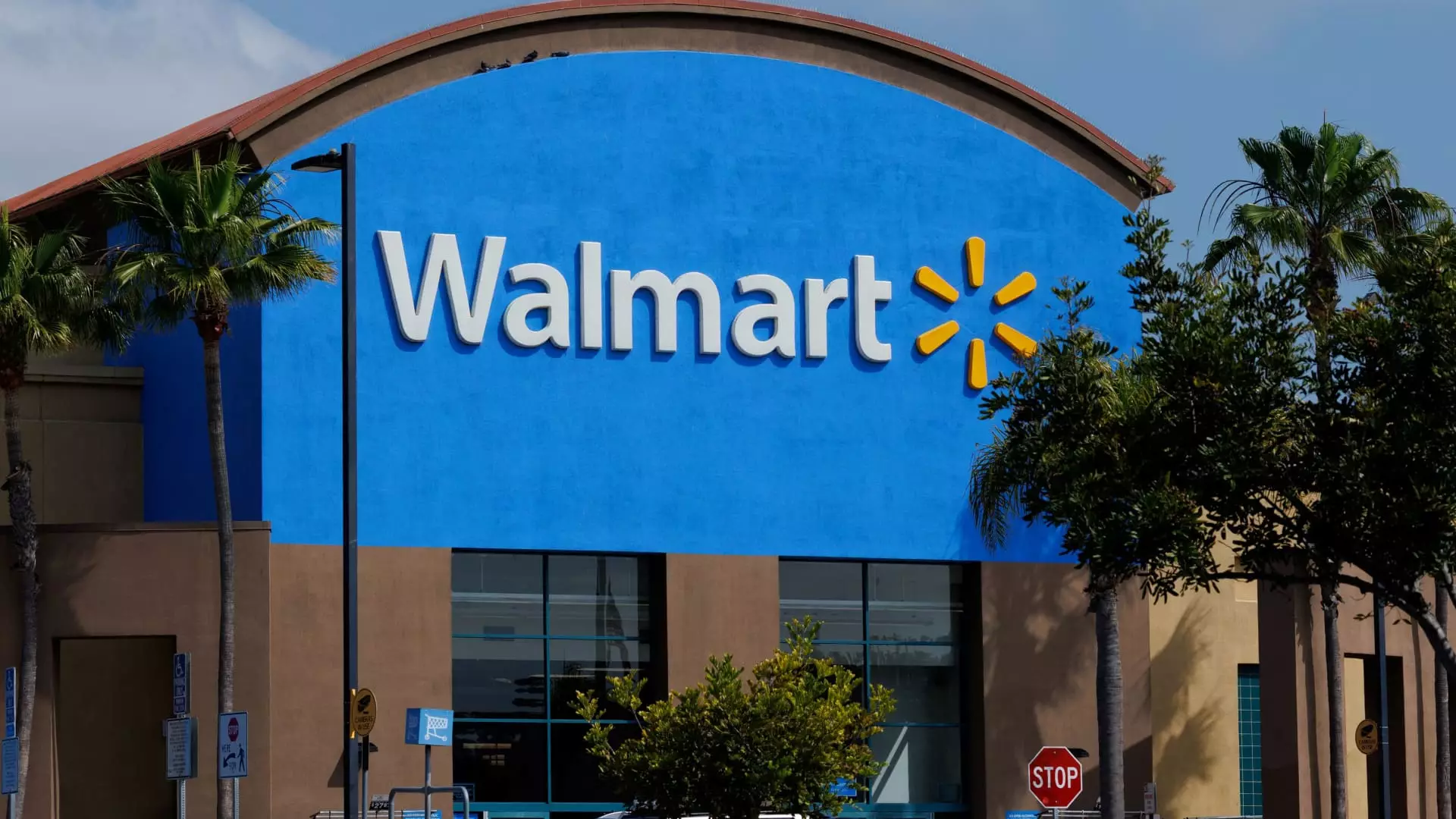In the current retail landscape, one company seems to be stumbling while its competitor surges ahead. Despite its once unwavering dominance, Target appears to have lost its strategic footing. This loss of direction isn’t merely a minor stumble but signals a deeper crisis of identity and purpose that threatens the company’s future. As investors and analysts scrutinize upcoming quarterly results, one truth remains clear: Walmart is asserting its supremacy, leaving Target struggling in its wake. This divergence underscores not just competitive failure but an alarming indication of mismanagement and a blurred vision that could have long-lasting repercussions beyond this earnings season.
Target’s Identity Crisis: From Focused Shopper to Jack of All Trades
Target’s historic appeal rested on a straightforward, relatable brand—catering primarily to suburban moms seeking convenience, style, and a bit of leisure shopping. The store was a sanctuary of curated products and familiar experiences, a place where customers consciously chose to spend their time and money. Unfortunately, that clarity seems to be unraveling. Today, Target appears caught in a whirlwind of societal and corporate identity debates, trying to appease both ends of the political spectrum with questionable policies on diversity, equity, and inclusion (DEI). This pandering, however, has only alienated core customers who previously viewed Target as a safe, friendly shopping environment. Meanwhile, the broader consumer base, increasingly skeptical of corporate virtue-signaling, is steering clear altogether. The result is a company adrift, uncertain whether to lean into social ideology or focus solely on retail fundamentals.
Financial Warning Signs and the Impact of Strategic Missteps
The financial metrics paint a bleak picture. Target’s stock has plummeted over 22% this year, a stark indicator of investor confidence eroding. The company’s struggle to define its identity has coincided with declining foot traffic and shrinking same-store sales—classic red flags for a retailer losing touch with its audience. Even higher prices, a necessary strategy amid inflationary pressures, won’t be enough to reverse the trend if the customer perceives Target as out of sync with their values and needs. With a leadership transition on the horizon, there’s some hope that fresh direction could revitalize the brand. Yet, such changes often take time to bear fruit, and in today’s fast-moving retail environment, hesitation or miscalculation could be costly.
Walmart’s Resurgence: Dominance Through Clarity and Confidence
In stark contrast, Walmart exhibits a steadiness rooted in clarity of purpose. The retail behemoth’s focus on accessibility, affordability, and broad product selection has paid dividends, especially as it capitalizes on strategic initiatives during critical shopping seasons. Over the past year, Walmart’s stock has gained more than 12%, outperforming many of its rivals. Its strength lies in understanding its core customer—working-class Americans looking for value—and continually optimizing its operations to serve their needs better. The company’s aggressive pricing, especially during back-to-school and holiday seasons, demonstrates its unwavering confidence in its business model. Walmart’s mastery over its identity—”the store that provides”—creates a resilient foundation that many competitors, including Target, desperately need.
The Center-Right Victory and What It Means for the Future
From a center-right liberal perspective, Walmart embodies the principles of pragmatic capitalism—focused, straightforward, and committed to meeting the real needs of everyday Americans without succumbing to fashionable buzzwords or identity politics. Its strategic execution and clarity of purpose highlight why it continues to outperform in uncertain times. Target’s attempt to broaden its appeal—yet overreach by alienating its loyal demographic—serves as an unfortunate lesson about the dangers of losing sight of core values amid societal pressures. As both giants prepare to report earnings, it’s clear that a company’s focus, consistent branding, and operational discipline outperform social signaling and ideological posturing every time. Walmart serves as both a model and a warning: success in retail hinges on genuine understanding of one’s market, not on superficial attempts at virtue signaling or corporate appeasement.


Leave a Reply